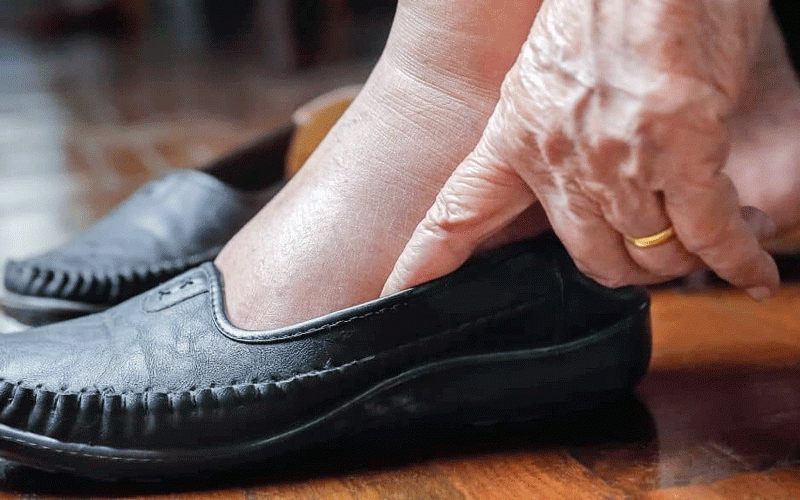
UZ College of Health Sciences’ lecturer Dr Nyaradzo Mgodi said the study is set to commence soon after the winding up of current studies. Laboratory tests of the flexible ring containing two anti-HIV drugs were said to have shown that it can deliver therapeutic levels of two HIV drugs for up to 30 days.
“We will work with HIV-negative women who are not breastfeeding, not pregnant, have no kidney or any other complications and are considered healthy in every respect,” Mgodi said.
“They will come to the clinic and we will help them to insert the ring which has to sit on the cervix for a month and slowly release the dapivirane drug which works against the enzyme reverse transcriptase, interrupting the lifecycle of the virus.
“Once released, the drug will go into the cells in and around the vagina and the cervix where it will wait for the virus and interrupt it once it is in there.”The women will visit the clinic every month where they will be assisted to remove the ring and insert a new one.
Should the ring slip out before the need to change it, a woman can wash it and put it back into its position. Mgodi’s presentation attracted a lot of interest at a recent Southern African Aids Trust Annual Partner Meeting with participants asking how soon the ring was most likely to be on the market.
She however explained that everything was still in the preparatory stages for the two-year study which would be carried out in a number of countries in Africa including Malawi, South Africa, Uganda, Zambia and Zimbabwe.
Participants also enquired if the ring would not cause discomfort like the female condom which has been unpopular. Mgodi said one cannot feel it just like the contraceptive loop which can stay in the body for five to 12 years without causing discomfort.
She added that adults between ages 18 and 40 years would be considered for the study and contrary to popular perception; all participants in such studies voluntarily choose to participate.
- Chamisa under fire over US$120K donation
- Mavhunga puts DeMbare into Chibuku quarterfinals
- Pension funds bet on Cabora Bassa oilfields
- Councils defy govt fire tender directive
Keep Reading
A report in the journal Aids indicates that the device was officially announced at the 2010 International Microbicides Conference last year in Pittsburgh, Pennsylvania in the United States.
The report explains that laboratory testing showed the ring would be effective at preventing pregnancy, HIV infection and other sexually transmitted diseases by releasing several types of non-hormonal agents and microbicides (compounds or substances that help reduce the infectivity viruses and or bacteria).











